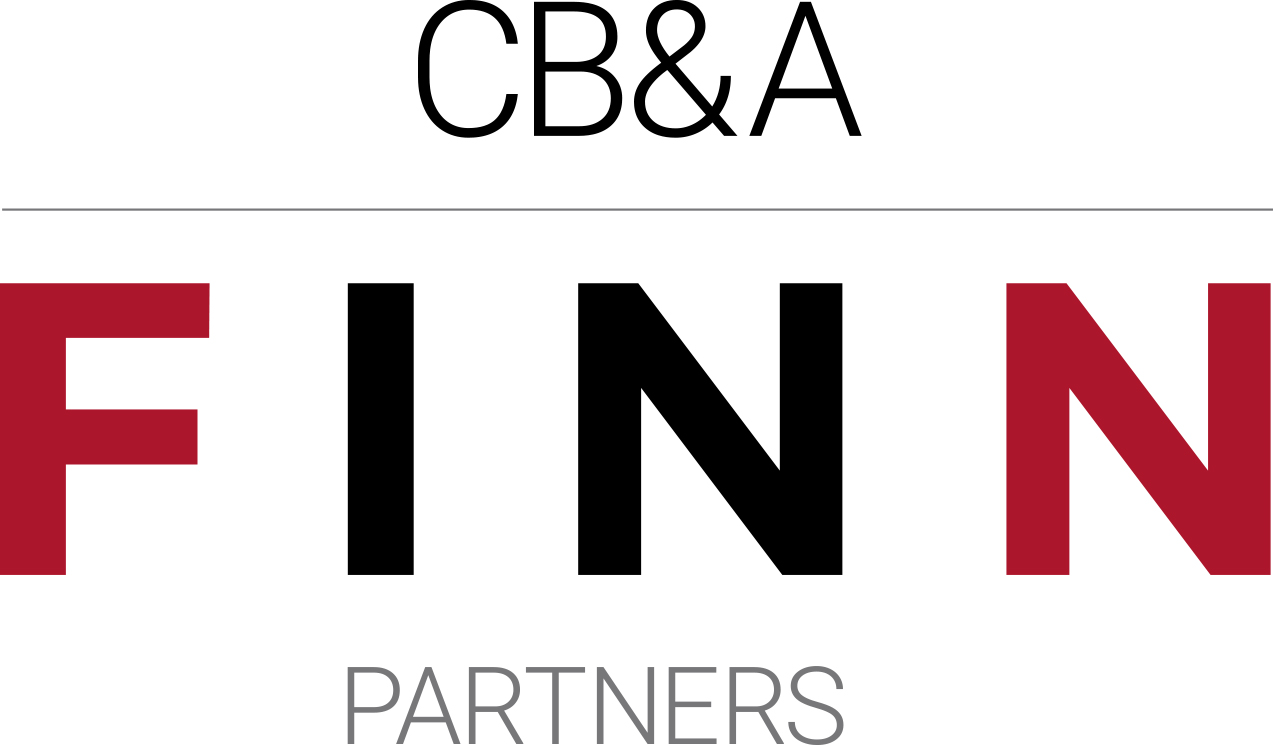
 As an education marketing professional, you may have been warned “don’t build a house on rented land.” In other words, content housed on social media channels is subject to constantly changing algorithms. But as a capable and nimble marketer, you can redefine your content strategy to evolve with the shifting social media landscape.
As an education marketing professional, you may have been warned “don’t build a house on rented land.” In other words, content housed on social media channels is subject to constantly changing algorithms. But as a capable and nimble marketer, you can redefine your content strategy to evolve with the shifting social media landscape.
A key component in any social media marketer’s toolkit is Facebook. And the social network is tweaking its algorithm yet again. The updated news feed, popularly known as Facebook Zero, aims to encourage personal interaction, meaning content from family and friends will be prioritized above branded content.
What Facebook Zero means for you
Once the new algorithm is fully implemented, education marketers should expect to see an impact on organic reach which, along with video watch time and referral traffic from pages, will likely decrease. Content will be ranked differently, giving priority to “posts that spark conversations and meaningful interactions between people,” according to Facebook.
To get a comprehensive understanding of what Facebook Zero means for your specific education business goals, focus on measurement. Review your Facebook benchmarks, and keep a watchful eye on organic impressions. Making note of new patterns will guide your evolving social media strategy for the education market.
Work with the algorithm
In addition to monitoring the impact of Facebook Zero on your analytics, your team will need to rethink its approach to engaging with customers and leads on the platform. These strategies will help reach your target audience within the new algorithm.
Give followers the heads up
Although the new algorithm will highlight posts from personal connections, your followers can select pages to “prioritize” in their feed. Schedule a post (or two) reminding followers of your content’s value, and then describe how to update news feed preferences to prioritize your page.
Build Facebook groups
To offset the limited visibility of page posts, Facebook groups provide a new route to reach current and potential customers. In a Facebook group, your page can promote ongoing activities and updates, while group members have the ability to post and engage on the group’s wall. Activities within Facebook groups are more likely to cut through the refined algorithm than traditional page posts.
Shake up your content
To leverage the higher priority that Facebook Zero places on “meaningful interactions,” create content that grabs your reader’s attention and elicits a response. Posts that generate long comments, or a surplus of comments and shares, will be prioritized in the news feed, so have your team focus on evoking feedback from your audience. You should prioritize comments and shares above likes as a goal. Review past posts that have generated a lot of engagement, and apply those strategies in future posts.
Video can be a key component in generating more user conversation. Facebook’s head of news feed, Adam Mosseri said, “live videos often lead to discussion among viewers on Facebook – in fact, live videos on average get six times as many interactions as regular videos.” Experiment with video content to garner data that will sharpen your strategies.
Allocate budget to paid campaigns
In the world of social advertising, a small investment can go a long way. Directing part of an education marketing budget to regular Facebook campaigns can keep your page thriving in Facebook Zero. With Facebook ads, you will target a specific business goal such as brand awareness, lead generation, conversions and more. The extra spend will guarantee that you’re appearing in the target audience’s feed, and will steer them into taking the action you desire.
Education marketing best practices are always evolving. Facebook Zero is a wake up call for marketing experts to review results and refine strategies. With thoughtful and data-informed decision making, Facebook will remain a powerful channel for reaching the people who matter to you most.
Need a second opinion on your social media strategies? Drop us a line at hello@cblohm.com.
For more on what’s trending in social media for education, take a look at our other blogs:
- Best Practices for Collaborating with Social Media Influencers: Marketers are reaching out to influencers to help generate awareness and establish credibility. We talk with 5 experts and break down the tips for your business.
- Four Ways to Leverage Social Media Advertising in 2019: Social media advertising can help raise awareness, promote content and drive new leads.
- Spread the Message: How to Build Employee Advocacy on Social Media: An effective social media strategy recognizes the importance of employee advocacy.
- Six Easy Ways to Integrate Social Media into Your Company’s Sales Efforts: Social media is one of the most effective and affordable sales tools available, and a key asset to any education marketing strategy.
- How To Use Influencers In Your Education Marketing Strategy: Including a prominent education influencer in your education marketing strategy can ignite viewership, giving your brand a boost.
- Why Education Marketing Needs Social Media Advertising: Support your education marketing strategy with social media advertising to raise awareness, generate leads and more.
